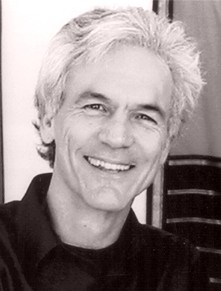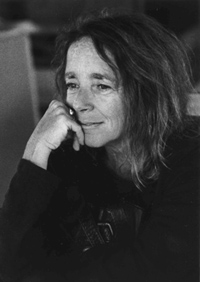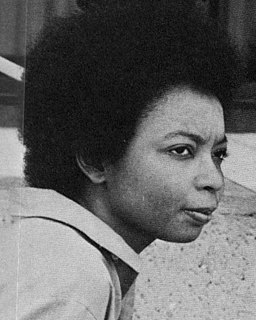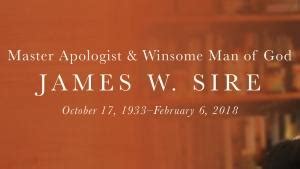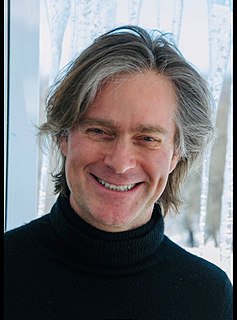A Quote by Brian Swimme
The creation story unfurling within the scientific enterprise provides the fundamental context, the fundamental arena of meaning, for all the peoples of the Earth. For the first time in human history, we can agree on the basic story of the galaxies, the stars, the planets, minerals, life forms, and human cultures. This story does not diminish the spiritual traditions of the classical or tribal periods of human history. Rather, the story provides the proper setting for the teachings of all traditions, showing the true magnitude of their central truths.
Quote Topics
Agree
Arena
Basic
Central
Classical
Context
Creation
Cultures
Diminish
Does
Earth
Enterprise
First
First Time
Forms
Fundamental
Galaxies
History
Human
Human History
Life
Life Forms
Magnitude
Meaning
Minerals
Periods
Planets
Proper
Provides
Rather
Scientific
Setting
Showing
Spiritual
Stars
Story
Teachings
Time
Traditions
Tribal
True
Truths
Within
Related Quotes
Humans like stories. Humans need stories. Stories are good. Stories work. Story clarifies and captures the essence of the human spirit. Story, in all its forms—of life, of love, of knowledge—has traced the upward surge of mankind. And story, you mark my words, will be with the last human to draw breath.
A story is a way to say something that can't be said any other way, and it takes every word in the story to say what the meaning is. You tell a story because a statement would be inadequate. When anybody asks what a story is about, the only proper thing is to tell them to read the story. The meaning of fiction is not abstract meaning but experienced meaning.
It's only a story, you say. So it is, and the rest of life with it - creation story, love story, horror, crime, the strange story of you and I. The alphabet of my DNA shapes certain words, but the story is not told. I have to tell it myself. What is it that I have to tell myself again and again? That there is always a new beginning, a different end. I can change the story. I am the story. Begin.
The Shambhala teachings are founded on the premise that there is basic human wisdom that can help to solve the world's problems. This wisdom does not belong to any one culture or religion, nor does it come only from the West or the East. Rather it is a tradition of human warrior-ship that has existed in many cultures at many times throughout history.
A worldview is a commitment, a fundamental orientation of the heart, that can be expressed as a story or in a set of presuppositions (assumptions which may be true, partially true or entirely false) which we hold (consciously or subconsciously, consistently or inconsistently) about the basic constitution of reality, and that provides the foundations on which we live and more and have our being.
Loneliness is the inability to share your story, your Unique Self story. For most people, the move beyond loneliness requires us to share our story with a significant other. For the spiritual elite, the receiving of our own story - and the knowing that it is an integral part of the larger story of All-That-Is - is enough. But for most human beings, loneliness is transcended through contact with another person.
When I pray the Lord's Prayer, I begin with the first word, "Our. . ." (see Matthew 6:9) and I stop and ask myself, "Who do I include in this Our?" I remind myself that the story of God is bigger than my personal story, bigger than the story of my religion, bigger than the story of all humanity, and bigger than the story of all creation. In the kingdom of God, these four stories are all really my stories - all at the same time - woven together, giving meaning and life to each other.
In the end, people don't view their life as merely the average of all its moments-which, after all, is mostly nothing much plus some sleep. For human beings, life is meaningful because it is a story. A story has a sense of a whole, and its arc is determined by the significant moments, the ones where something happens. Measurements of people's minute-by-minute levels of pleasure and pain miss this fundamental aspect of human existence. A seemingly happy life maybe empty. A seemingly difficult life may be devoted to a great cause. We have purposes larger than ourselves.
When we're in the story, when we're part of it, we can't know the outcome. It's only later that we think we can see what the story was. But do we ever really know? And does anybody else, perhaps, coming along a little later, does anybody else really care? ... History is written by the survivors, but what is that history? That's the point I was trying to make just now. We don't know what the story is when we're in it, and even after we tell it we're not sure. Because the story doesn't end.
